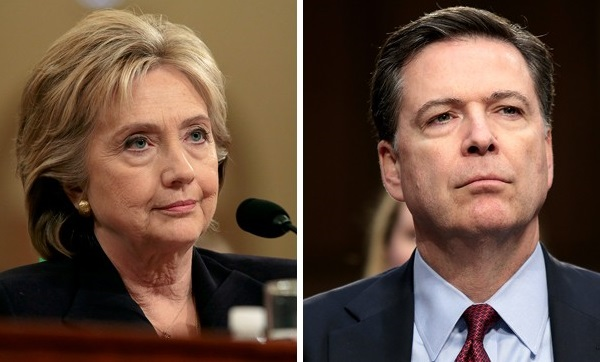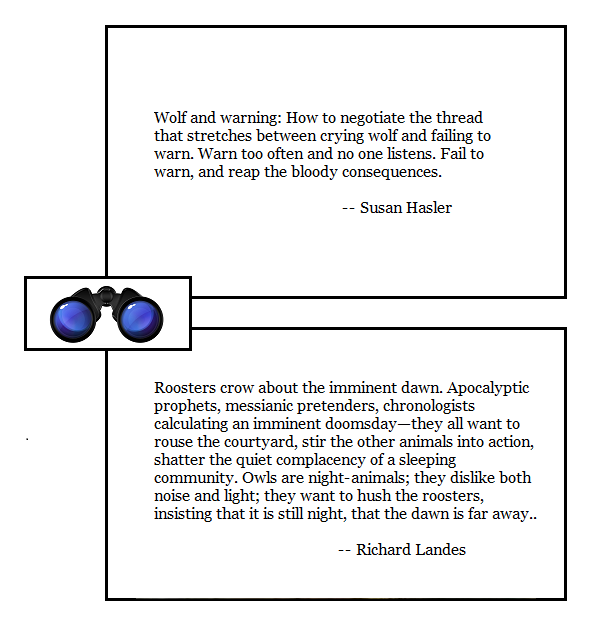I did not lead a busload of others down a path
Monday, May 29th, 2017[ by Charles Cameron — the unrealities and realities of dream and vision, sensitive compartmented information, zahir and batin, bin Laden and the Mahdi, more ]
.
I did not lead a busload of others down a path to a hotel.
I did not arrive near my childhood home by bus.
I was not a member of a CIA team meeting for a conference.
I did not attend breakfast in the hotel.
I did not have a pen clipped inside my trousers.
My attention was not called to my pen having leaked by a female friend.
I did not have a female friend.
I did not manage to remove both pen and leaked ink from my trousers.
I did not wonder how I would climb hills or trees if ncecessary during the conference exercises.
I am in no condition to climb hills or trees, nor to lead others down a path.
There is, however, a conference center very close to the house I used to live in during my childhood.
I dreamed these things.
**
The De Vere Horsley Estate, just a couple of fields away from my childhood home, now a conference center:
Google images thinks of it more as a marriage location. This particular photo is from the Hetty Hikes album.
Ada, Countess of Lovelace, who intuited the operational utility of punched cards of the type used in Jacquard looms for retaining information generated by her friend Charles Babbage‘s Difference Engine, prototype of today’s computers, lived at Horsley Towers, built by the same architect, Sir Charles Barry, who designed the Houses of Parliament..
My own more modest childhood dwelling was within the grounds, just a few hundred feet inside the Horsley Towers Gates.
**
Dreams are, in a sense, occulted from waking life: there is a secrecy to them.
When the time comes that we can reliably scan and record the visual and verbal imagery of dreams, perhaps even at a distance from and without the consent of their dreamers, questions will arise as to whether their contents should be classified, indeed perhaps deemed Sensitive Compartmented Information, and dreaming permitted only in SCIFs?
Various occult, psychological and imaginal theories suppose that dreams can touch upon a subjective yet absolute realm, Jung‘s collective unconscious with its archetypes, Shia Islam’s ‘alam al-mithal, termed by Henry Corbin the mundus imaginalis…
there exists an inner world, which lies ‘outside’ our personal minds, and in which they are contained in exactly the same way as our bodies are contained in the outer world revealed by the senses
writes D Streatfeild in Persephone.
And Corbin, writing of the Suhrawardian mundus imaginalis:
Essentially the relationship involved is that of the outer, the visible, the exoteric (in Greek ta exo, in Arabic zahir) to the inner, the invisible, the esoteric (in Greek ta eso, in Arabic batin), or the relationship of the natural to the spiritual world. Leaving the where, the ubi category, is equivalent to leaving the outer or natural appearances that cloak the hidden inner realities, just as the almond is concealed in its shell.
Zahir and Batin are, respectively, the literal or apparent meanings of Quranic verses, and their hidden or spiritual meanings, known only to those who have eyes to see, ears to hear…
**
For a dream in which the young bin Laden is instructed to carry a black flag (“similar to the flag of Saudi Arabia” and with “something written on it in white color”) to the Mahdi at the gates of Al-Quds, Jerusalem, see A “Big Dream” attributed to Osama bin Laden.
I’ll let you be in my dreams if I can be in yours — Bob Dylan said that.








